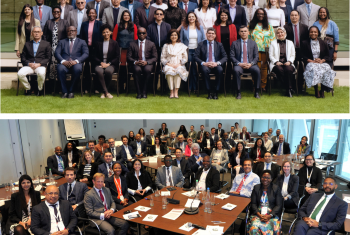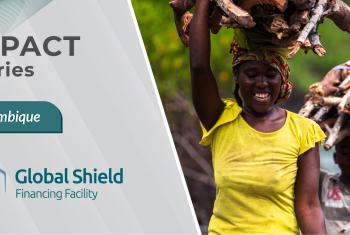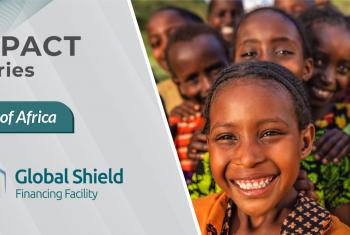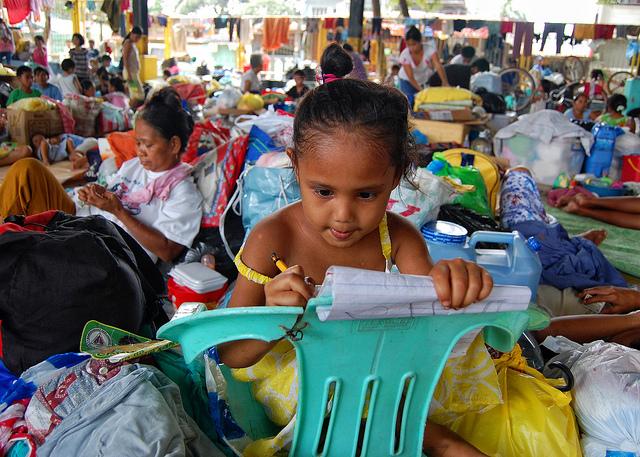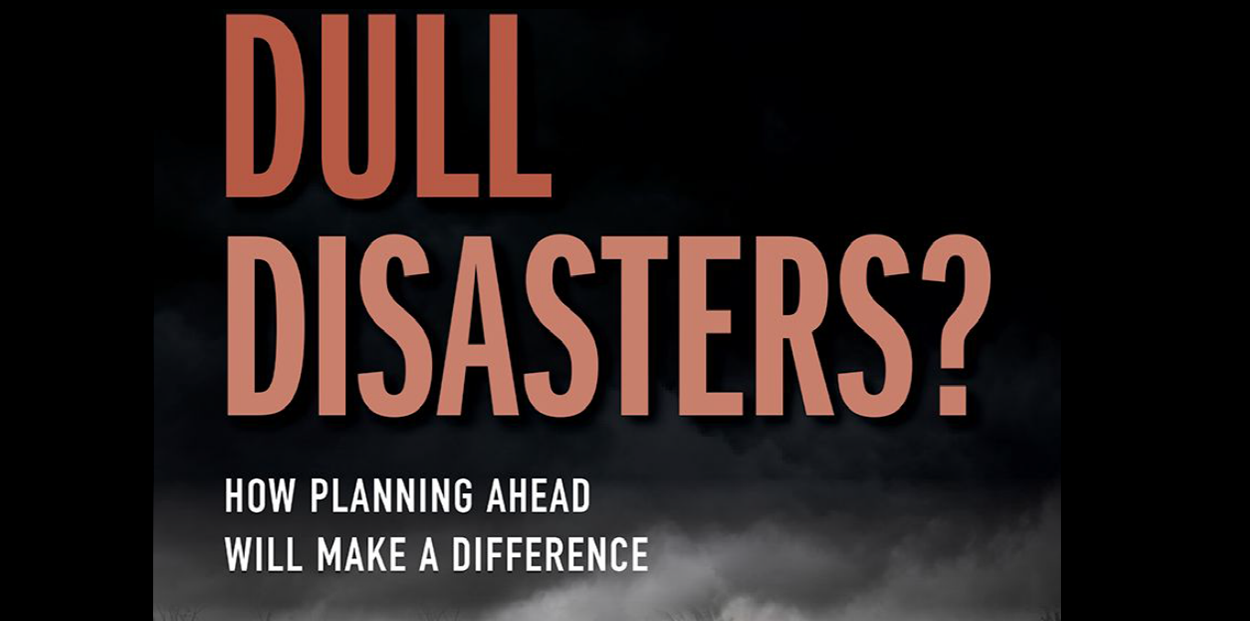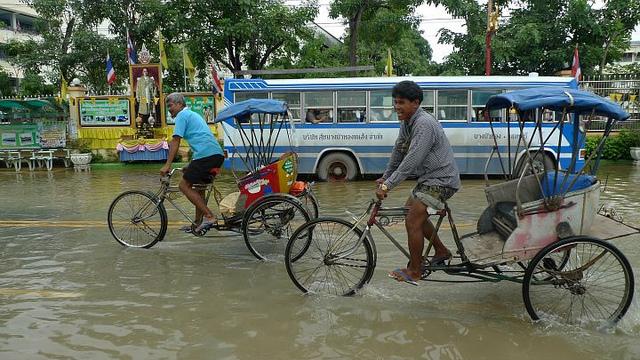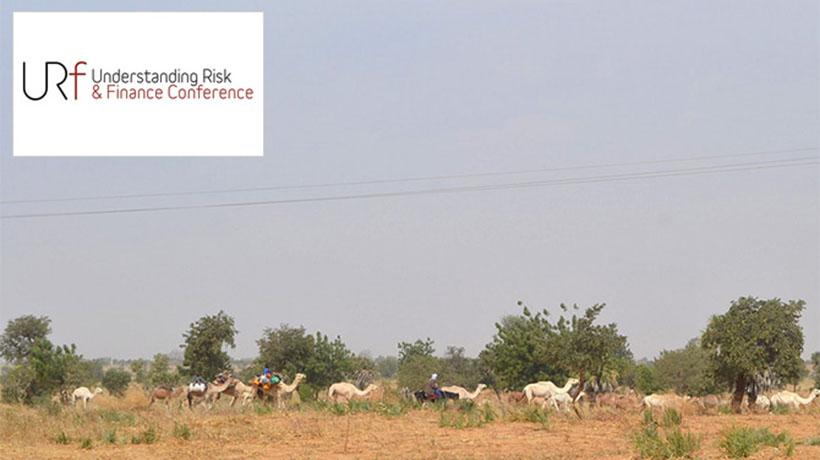Our Blog
Featured Blogs
15 August 2016
Since natural disasters can strike anywhere and anytime, making far-sighted preparations is much more effective than scrambling to respond to a crisis. I recognized this after Hurricane Mitch ravaged Honduras and my grandmother had to be evacuated because the local river swelled to the second floor of her home. As climate change intensifies extreme weather events across much of the planet, countries are seeking the World Bank Group’s support to improve both their physical and financial... Keep reading
15 August 2016
Since natural disasters can strike anywhere and anytime, making far-sighted preparations is much more effective than scrambling to respond to a crisis. I recognized this after Hurricane Mitch ravaged Honduras and my grandmother had to be evacuated because the local river swelled to the second floor of her home. As climate change intensifies extreme weather events across much of the planet, countries are seeking the World Bank Group’s support to improve both their physical and financial... Keep reading
09 August 2016
Start Network's Emily Montier discusses new book Dull Disasters: how planning ahead will make a difference. Response to disasters should involve careful risk management, rather than the current emotional, headline-grabbing state of affairs. This is what the authors of a new book ‘Dull Disasters’ are advocating for. Daniel Clarke (World Bank) and Stefan Dercon (Chief Economist at DFID) argue that failures in aid coordination and inefficiencies can be traced back to poor pre-disaster planning... Keep reading
25 July 2016
I was recently at the Novafrica conference in Lisbon , where one of the keynote talks was given by Stefan Dercon. He based it around a newly released short book he has written with Daniel Clarke, called Dull Disasters ( open access version ). The title is meant to indicate both the aim to make dealing with disasters a dull event rather than media circus, as well as to discuss ways to ‘dull’ or reduce the impact of disasters. Stefan started his talk by noting that disaster relief may well be the... Keep reading
21 January 2016
As actuaries working in development, my colleagues and I in the Disaster Risk Financing and Insurance Program ( DRFIP ) are constantly looking for innovative ways to apply actuarial science in the fight against poverty. Because the DRFIP is a fairly new initiative — it was established in 2010 to improve the financial resilience of governments, businesses and households against natural disasters — a lot of questions are still to be asked, and lessons to be learned, about helping client countries... Keep reading
26 October 2015
Sub-Saharan Africa is making significant economic and development strides. Yet, natural disasters, combined with the effects of climate change, rapid urbanization, and conflict situations are threatening these gains, keeping vulnerable and poor communities in a chronic cycle of poverty: 425 million people who live in Africa’s drylands are highly exposed to climate shocks , and this number is set to grow by at least 50% by 2030. We cannot fully quantify the human cost, but Kenya alone suffered... Keep reading
18 September 2015
How governments can ensure that low-income farmers are financially protected against natural disasters, such as droughts, was at the heart of a panel discussion at the “ Global Index Insurance Conference ,” which concluded earlier this week in Paris. The panelists explored various options, such as the disaster reserve fund FONDEN in Mexico as well as three index-based insurance programs aiming to protect vulnerable farmers: the African Risk Capacity , the Kenya Livestock Insurance Program, and... Keep reading
